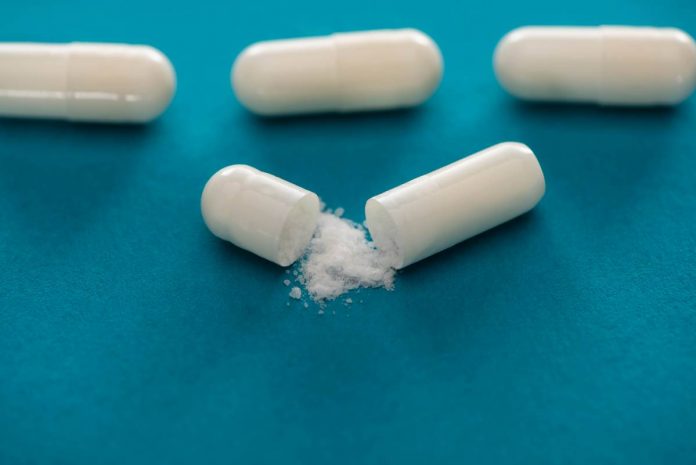
All the recent flurry of information and concern about immune health has prompted many people to want to know how to boost their immune health in the best ways possible. One of those ways is with good bacteria, or probiotics, but not just any probiotics. The big questions are: How effective are probiotics for immune health, and how can you be sure to get the most bang for your buck when taking beneficial bacteria supplements? First, however, let’s look at the players in this drama.
Read about 8 immune system boosting foods
What are probiotics?
Probiotics are also commonly referred to as good or beneficial bacteria, but the term also includes some beneficial yeasts as well. These substances are called “good” and “beneficial” because they play a vital role in keeping your gut and entire body healthy. That’s because you are a vessel of both good and not-so-good bacteria that are associated with disease and other health hazards. Taking probiotic supplements and eating foods rich in beneficial bacteria can help you keep the balance of bacteria in the healthy zone.
Probiotics fall into two general categories:
- Lactobacillus, which is found in some yogurts, kefir, and other fermented foods. Dozens of strains of this bacteria can assist with digestion, diarrhea, and immune health.
- Bifidobacterium, which is common in dairy products such as milk, yogurt, and cheese. This genus of bacteria can help with irritable bowel syndrome and other conditions, as well as help with immune system function.
In the yeast category, we have Saccharomyces cerevisiae var. boulardii, which may help with diarrhea and other issues associated with digestion.
What are probiotics good for?
Probiotics have a number of health advantages. For example, you might try probiotics for problems affecting your digestive tract, such as irritable bowel syndrome, diarrhea, urinary tract infections, and inflammatory bowel disease.
Numerous studies have also found probiotics can be helpful in supporting immune health function and issues. Let’s take a look.
Probiotics and immune system function
Dozens of studies have demonstrated that various probiotics have the ability to boost immune function and/or focus on reducing symptoms associated with immune-related conditions. Here are a few highlighted examples.
One of the more recent studies reported that “probiotics contribute to recover the histology of both the intestine and the thymus damaged [in malnutrition].” They said that “probiotic bacteria are emerging as a strategy for and that “probiotic bacteria, their cell walls or probiotic fermented milk have significant effects on the functionality of the mucosal and systemic immune systems.”
Read about 8 reasons to take probiotics
In a 2017 study, investigators reported that “there is high-quality evidence the probiotics are effective for acute infectious diarrhea, antibiotic-associated diarrhea, Clostridium difficile-associated diarrhea, irritable bowel syndrome, functional gastrointestinal disorders.”
Which probiotics are the most effective?
If you want to get the most from your probiotic supplement, then you need to choose ones that meet certain criteria. Taking the wrong probiotic is like pouring rice through a sieve: it’s going to pass on through and leave little to nothing behind.
Your probiotic should be refrigerated. All probiotic strains are susceptible to heat, especially those in the genus Bifidobacterium. According to Consumer Labs, “Many probiotic bacteria are naturally sensitive to heat and moisture. Heat can kill organisms and moisture can activate them within pills, only to die due to lack of nutrients and a proper environment.” Therefore, be sure to put your probiotic supplement in your fridge!
An enemy of all probiotics is stomach acid (aka, gastric acid). The job of this acid is to break down food, but it also destroys bacteria, both good and bad. To protect against the destruction of your supplement, be sure to buy those that have an enteric coating. The probiotic supplement should have been tested to guarantee the beneficial bacteria capsules will survive and make their way to your intestinal tract, where they can release their contents and aid the healing process.
Bottom line
Probiotics can be a potent management and treatment tool when you want to support and enhance your immune system function. Be sure to choose a probiotic supplement that will provide the most benefit for the buck.











